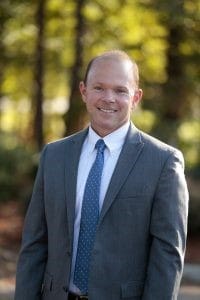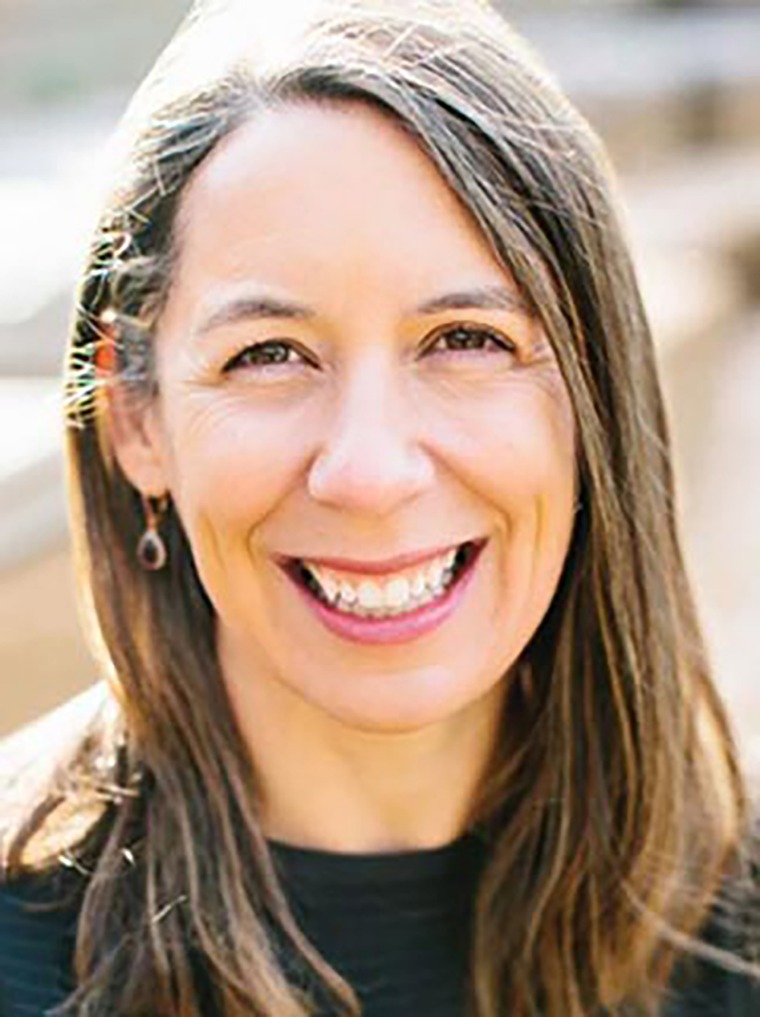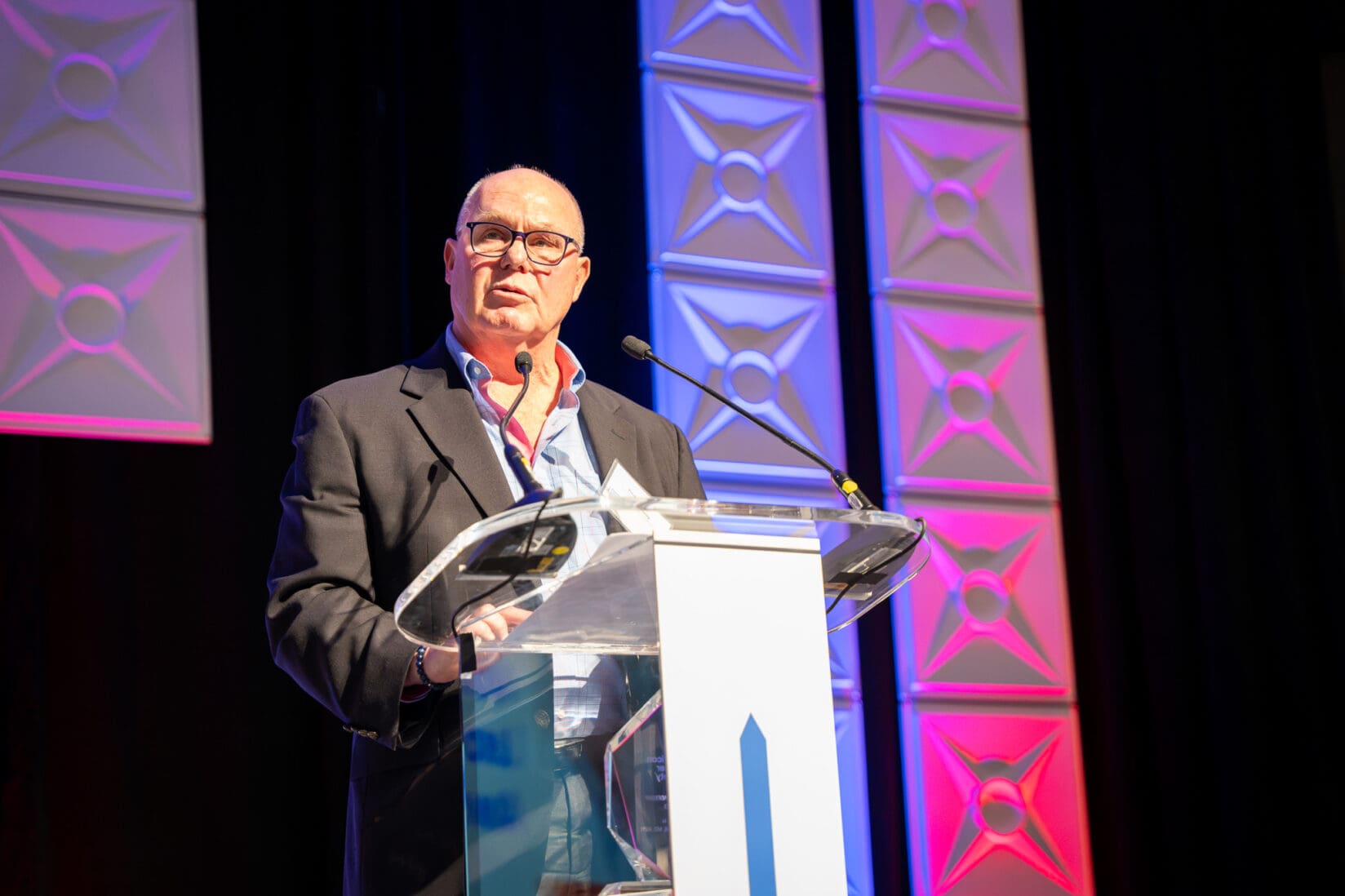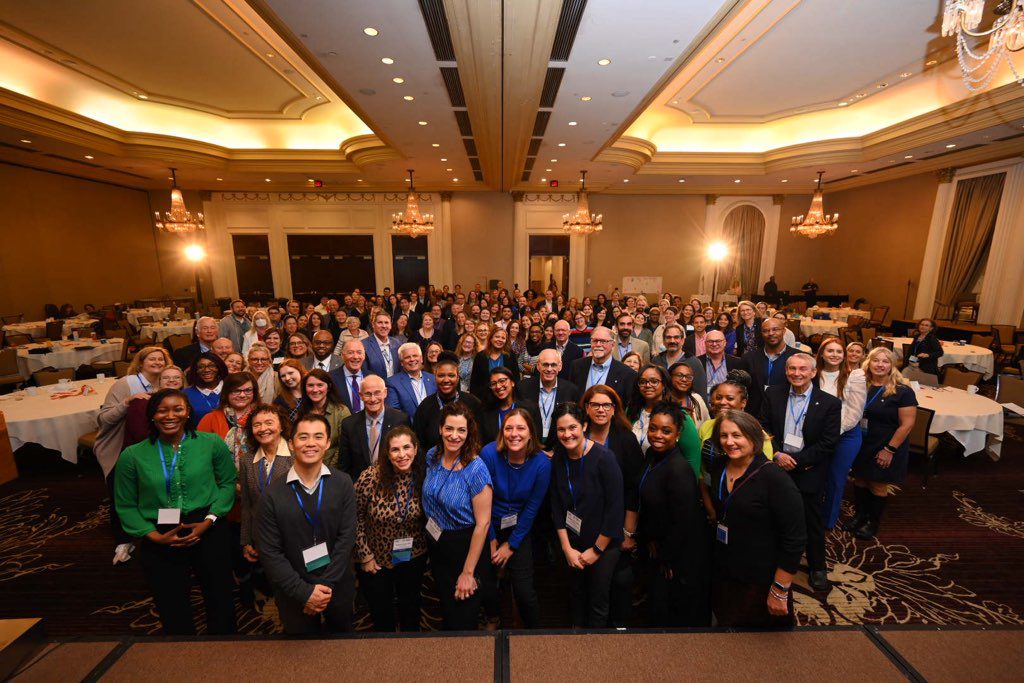Interview With Bryan Green, MD—80% By 2018 National Achievement Award Honoree

January 16, 2020 – Author: Bryan Green, MD
In February 2019 Dr. Bryan Green became an Honoree recipient of the 80% by 2018 National Achievement Awards, a program designed to recognize individuals and organizations who are dedicating their time, talent and expertise to advancing needed initiatives that support the shared goal to achieve colorectal cancer screening rates of 80% and higher.
 Dr. Bryan Green is one of five physicians at the Digestive Disease Group in Greenwood, South Carolina. He joined the practice in 2004 after completing his gastroenterology fellowship. Dr. Green is a past President of the South Carolina Gastroenterology Association (SCGA) and has promoted the Colon Cancer Prevention Network, a partnership between the University of South Carolina’s Center for Colon Cancer Research and several SCGA member physicians to perform free colonoscopy screenings to underinsured patients throughout South Carolina. He also has strengthened the relationship between the SCGA and the Medical University of South Carolina Digestive Disease Center through partnerships in meetings, seminars, and research studies. Every March, Dr. Green volunteers at the statehouse as the South Carolina Medical Association doctor of the day in honor of Colon Cancer Awareness Month. Dr. Green has participated in the Digestive Disease National Coalition (DDNC) Legislative Weekend to advocate for colorectal cancer treatment and prevention funding from Congress. He is part of a team of physicians, nurses, and patients that meet with congressional members to encourage funding for digestive health.
Dr. Bryan Green is one of five physicians at the Digestive Disease Group in Greenwood, South Carolina. He joined the practice in 2004 after completing his gastroenterology fellowship. Dr. Green is a past President of the South Carolina Gastroenterology Association (SCGA) and has promoted the Colon Cancer Prevention Network, a partnership between the University of South Carolina’s Center for Colon Cancer Research and several SCGA member physicians to perform free colonoscopy screenings to underinsured patients throughout South Carolina. He also has strengthened the relationship between the SCGA and the Medical University of South Carolina Digestive Disease Center through partnerships in meetings, seminars, and research studies. Every March, Dr. Green volunteers at the statehouse as the South Carolina Medical Association doctor of the day in honor of Colon Cancer Awareness Month. Dr. Green has participated in the Digestive Disease National Coalition (DDNC) Legislative Weekend to advocate for colorectal cancer treatment and prevention funding from Congress. He is part of a team of physicians, nurses, and patients that meet with congressional members to encourage funding for digestive health.
Tell us a little bit about your colorectal cancer screening program.
In 2008, my practice of five gastroenterologists in Greenwood, South Carolina, along with two others in a nearby county, partnered with the Center for Colon Cancer Research at the University of South Carolina. Through this partnership, we offered free colonoscopies to the uninsured or underinsured at our endoscopy center. We screened 200 patients and found numerous polyps and two cancers. We realized, however, that this was a challenging group of patients to care for due to various limitations (e.g., limited literacy, transportation, etc.). In 2010, we approached the South Carolina Legislature and BlueCross BlueShield of South Carolina and received a grant to hire patient navigators to help address these challenges. We also spread the word and enlisted other gastroenterologists throughout the state to participate. The program continued to grow to the point that we now have over 80 participating gastroenterologists and have provided free screening colonoscopies to over 3,000 uninsured patients. And we are still growing!
When and why did you decide to focus on increasing colorectal cancer screening?
My practice of five doctors provides all the gastrointestinal care in our five-county area; thus, we see the end result of not screening (i.e., patients showing up in the ER with advanced-stage colorectal cancer and obstructions). Many of these people will suffer and die needlessly. I was so saddened to hear that many of these people knew the benefits of screening but were not able to afford it. I vowed to do everything I could to prevent that from happening in my community.
What makes your program unique compared to other programs?
We began as a grassroots effort by a small group of physicians and researchers without any initial governmental or institutional support. We then realized we could leverage this by obtaining grants to employ patient navigators. We still rely on the generosity of healthcare providers to give their time and use of their independent endoscopy centers to provide this free care. The financial support for the patient navigators from the South Carolina Legislature has allowed us to serve far more people better and save more lives.
What activities and systems changes did you implement, and how did you choose them?
We realized the importance of patient navigators in helping these patients be best prepared and ready for their procedure.
What success have you seen? How did you measure that success?
Our good or excellent prep rate in participating patients went from 60% to nearly 90% after implementing the patient navigator program.
What tips would you offer to others that are working to increase colorectal cancer screening in medical communities like yours?
Most people go into health care because they want to help others. Bureaucratic red tape, regulatory, and payment issues often stifle this, but most people still have that desire to serve inside them. I gave these providers a way to express that it is truly better to give than to receive.
Were there tools, trainings or resources that you found helpful?
Reaching out to different parties to utilize their unique skills and talents. Myself and my physician colleagues can do colonoscopies and remove the polyps but that is just the final part of the process. I was able to involve survivors, patient advocates, nurses, the media, businesses, corporations and even eventually the legislature to all work towards our goal. We could never have achieved what we did without the participation of all parties. Colorectal cancer is so prevalent that almost everyone knows someone that has been affected by it and most people are glad to help if you just ask.
Do you have any final tips for our readers that are working to achieve 80% in Every Community?
Never doubt the willingness of people to volunteer their time and energy help prevent colorectal cancer in their community. I am continually impressed and humbled by the dedication and unity of so many individuals to help conquer colorectal cancer.
[vc_widget_sidebar sidebar_id=”sidebar-1″][vc_tweetmeme][vc_facebook]
We Highlight Successes, Leaders, Best Practices, And Tools That Are Making An Impact In The Nationwide Movement To Reach 80% Screened For Colorectal Cancer.
Do you have a suggestion for a future blog topic? We welcome you to share your suggestions by emailing [email protected].
Blog Policy
Opinions expressed in these blog posts are that of the author and do not represent policies of the National Colorectal Cancer Roundtable or the author’s institution.
Our staff moderate all comments on the 80% Blog. While we do not censor based on point of view, we will delete or edit comments that are offensive or off topic. Click here to view full version.
© 2024 American Cancer Society National Colorectal Cancer Roundtable. All rights reserved.


